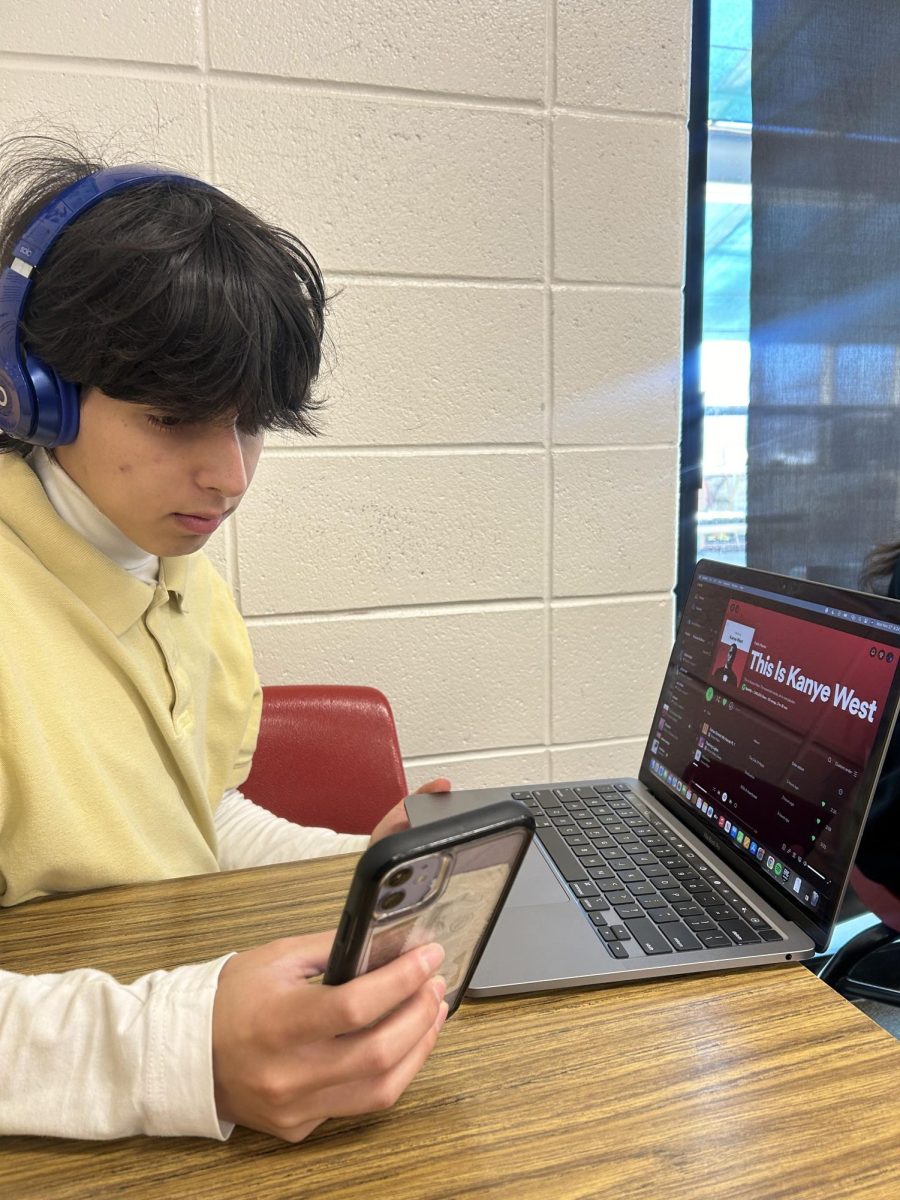Separating the art from the artist is a common debate among fandoms and pop culture. Given their fame and influence, celebrities are expected to uphold and reinforce their values. However, in most circumstances, their contentious actions should and can be separated from their work.
Especially during times of conflict, these individuals are put in the spotlight. Most recently, the genocide and bombings by Israel have ignited countless posts and actions. Andrew Garfield, Dua Lipa and Mark Ruffalo are among the hundreds of A-listers who signed a letter for a ceasefire.
However, others continue to disappoint. Actor Noah Schnapp has received substantial backlash due to an insensitive and disturbing response regarding the Israel-Gaza issue. In a recent video, he is seen posing with stickers that read “Zionism Is Sexy.”
Labeling Schnapp’s messages/posts as a pro-genocide campaign, former fans have suggested to boycott the upcoming season of Stranger Things. Although people may feel as if they are “rightfully” hurting Schnapp’s career by blacklisting the show, they would also be hurting the work of his co-stars.
Junior Estelle Treiber further highlighted the ineffectiveness of shunning a piece of work. “Boycotts often fail to change the unethical views of people. Deeming what is immoral is subjective, graying the line between good and bad,” Treiber indicated.
Thus, fans do not have to support the artist, but should still be able to like their art.
Despite their distasteful personal lives, numerous talented authors have devised enriched literature. It is impractical to attempt to remove their texts to “purify” the literature.
J.K Rowling, the author of the beloved book series Harry Potter, left her fans divided after her comments on the transgender community. If people are unwilling to read this series due to Rowling’s statements, the works of Shakespeare, Dr. Seuss, Jane Austen and many more should be shunned as well.
But evidently, this is not the case. Endorsing a book, or any piece of entertainment or media, does not signify endorsement of the creator’s acts.
Music enthusiast and senior Ambria Fowler noticed a trend in certain musicians, like Taylor Swift. “Most fans of Swift admit that she has the most carbon emissions from her private jet. But this flaw does not affect her lyrics in any way. I believe it is possible to adore her music while recognizing what she has done wrong,” she explained.
Fowler continued regarding the dispute about Kanye West’s anti-semitic comments. “The logic of drawing a line between creator and creation does not apply to Kanye West. His beliefs and racism are exhibited in his lyricism. Fans are exposed to such language, which can make people insensitive to these heavy topics.”
In his new song “Vulture”, West explicitly mentions his disputed behavior. He sings, “How can I be anti-sematic; I just f**ked a Jewish b**ch.”
Indulging in West’s music gives him the money and validation to continue to publicize his appalling ideas. As consumers, people should be mindful of who receives glorification and profit. Yet, it is unrealistic to completely remove artists from popular culture.
It is ideal to appreciate and enjoy their contributions to art while acknowledging that their celebrity status should not be dismissed their actions.









